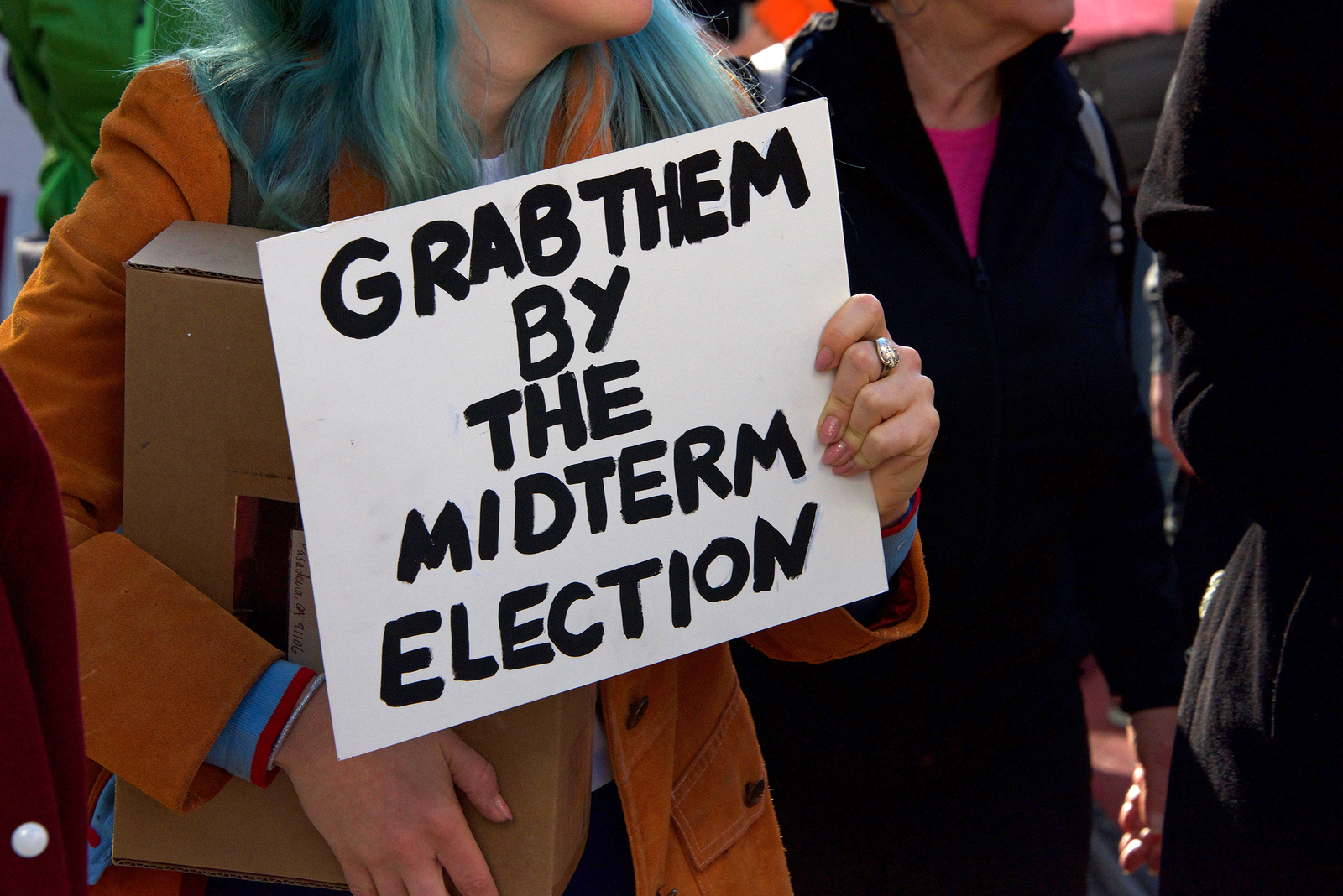National GOP Group Backing NH State House Women

Women in New Hampshire’s GOP are getting a boost from the Republican State Leadership Committee, a national organization throwing its support behind women candidates in State House races up and down the ballot.
“The RSLC is encouraged to see so many women candidates running in state legislative races who will effectively represent their communities in Concord and advance commonsense policies to counteract Joe Biden’s failed agenda,” said RSLC National Press Secretary Stephanie Rivera.
The RSLC has so far spent $500,000 to help send women and others to Concord this election cycle. According to Rivera, 27 percent of the Republicans running for the House this year are women, as are 26 percent of the GOP Senate candidates. Betting on Republican women is a safe wager, she said.
“In the State House, 51 percent of Republican women who ran in 2020 won their campaigns. In the Senate, Republican women had a 55 percent success rate,” she said.
According to Rivera, the RSLC’s Right Leaders Network is leading the effort to grow the Republican Party through the RSLC’s Right Women Right Now and Future Majority Project initiatives. The committee is focused on recruiting, training, supporting, and electing thousands of diverse state Republicans across the country.
New Hampshire is a key state for both Republicans and Democrats, as the national parties are looking to gain a foothold in state legislature races. The Democratic Legislative Campaign Committee (DLCC) is targeting legislatures in New Hampshire, Michigan, and Minnesota, pumping money and resources in an effort to turn all three state legislatures blue.
“We know what we’re up against, but we are making a play to undercut GOP power in the Michigan House and Senate, the Minnesota Senate, and the New Hampshire House and Senate,” DLCC President Jessica Post said on a conference call with reporters Tuesday.
It makes sense for the national GOP to invest in New Hampshire races, according to Rivera, as the GOP leadership in Concord has proven successful in handling the economy and the COVID-19 pandemic, and voters are looking to continue that success.
“New Hampshire has the best economy in the New England region and the second lowest unemployment rate in the country because the Republican-controlled Legislature has made the economy a top priority by passing a historic state budget that includes $171 million in tax relief for working families and small businesses, cuts taxes for retirees, and reduces property taxes by $100 million to provide relief. This diverse slate of candidates will help Republicans hold both chambers in the Granite State to continue this record of success,” Rivera said.
Democrats have been leaning heavily on abortion as an issue to motivate their base. They’re spending big money on ads attacking GOP Gov. Chris Sununu for signing a law that bans abortion after 24 weeks, or six months, of pregnancy. Sununu’s challenger, Sen. Tom Sherman, D-Rye, is using abortion as a major campaign plank, arguing against any restrictions on abortion.
“I would want to put in place Roe v. Wade in the state of New Hampshire,” Sherman said. “New Hampshire does not want the state in between a doctor and a patient, especially on such an intensely private issue.”
The issue may play with well Democratic donors, but not even New Hampshire Democrats support unrestricted abortion through all nine months of pregnancy. A St. Anslem College poll taken in August found about a quarter of Granite State Democrats support some limits on abortion, as do about 70 percent of the general population.
Rivera said New Hampshire voters, especially women voters, see the GOP as having the answer to issues like out-of-control inflation, soaring energy costs, and the price of food.
“Just like all voters in New Hampshire, women are pleased with the job being done by the Republican trifecta in Concord to push back against Joe Biden’s inflation with tax cuts that put more money in the pockets of working families,” Rivera said.




